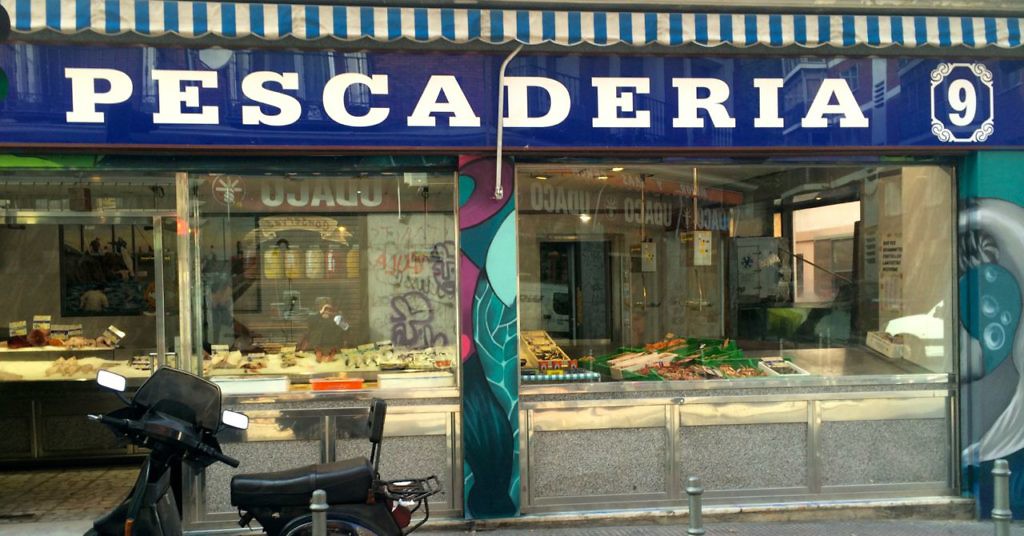A dozen early stage clinical trials to watch out for at AACR24

Who’s packing a punch this year?
In 2011 we did an annual ASCO highlight video reel of what to watch out for. Three phase 1 antibodies were included as a potentially exciting new theme to watch out for. Oh, the brickbats and insults I received in my inbox!
Immunotherapy was not de rigeur back then by any stretch of the imagination and people were absolutely furious because it was so way out and bucked the prevailing trend of the day.
Those drugs now generate billions in revenue every quarter between them. Phooey to the naysayers 😉
In our latest AACR 2024 Preview we highlight a dozen early stage clinical developments to watch out for… will some of them pack an unexpected punch?
To continue reading our latest highlights on oncology new product development including commentary and analysis BSB subscribers can log-in or you can click to access the content.
This content is restricted to subscribers





